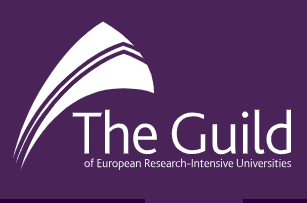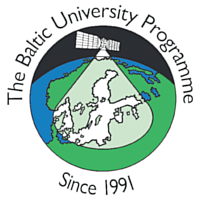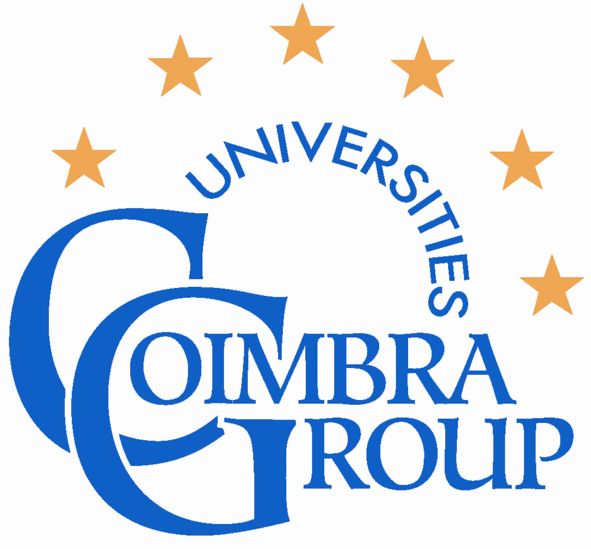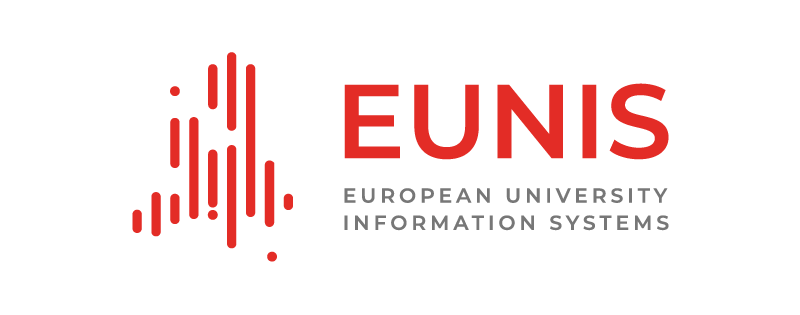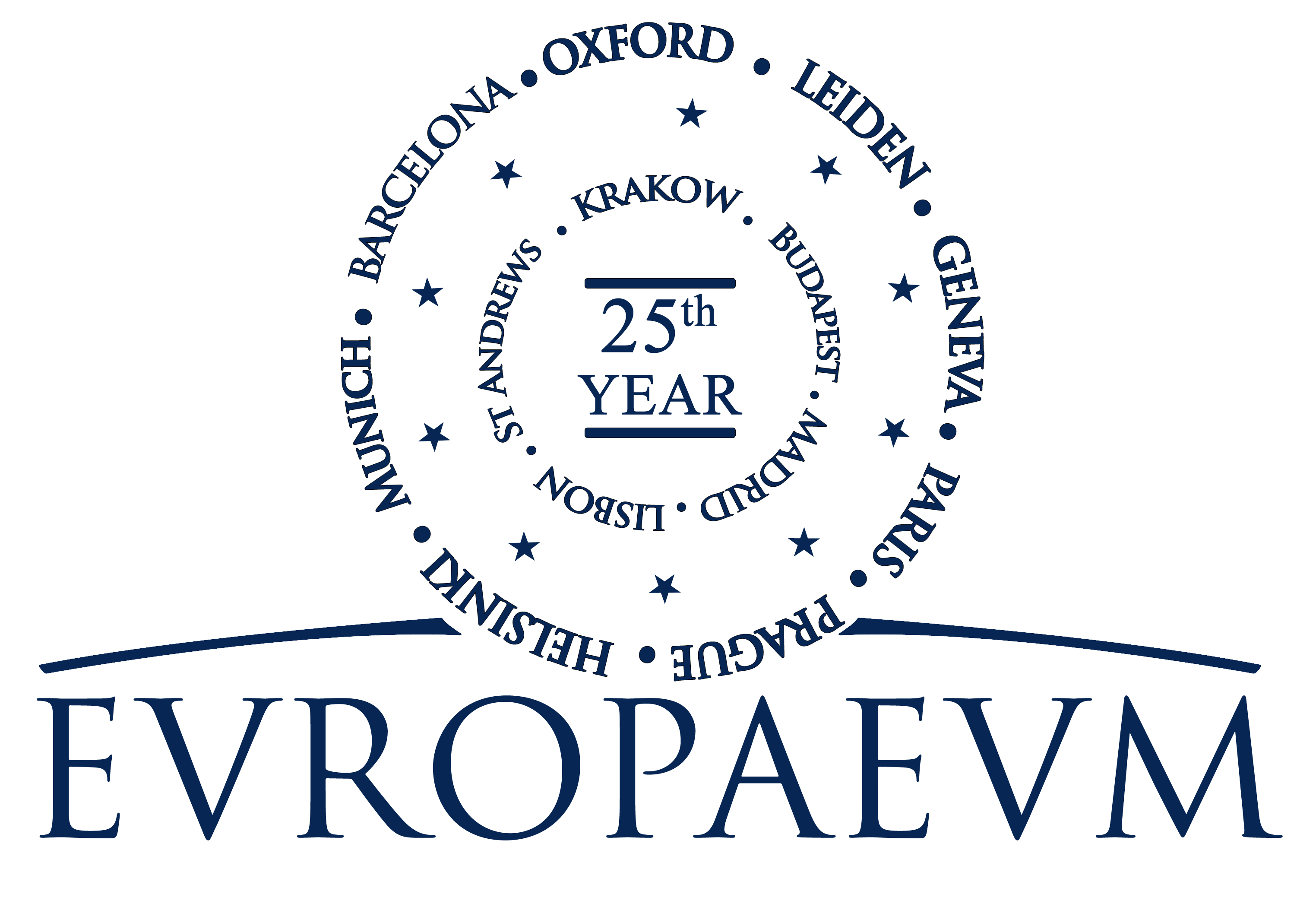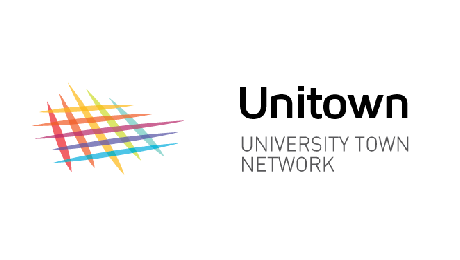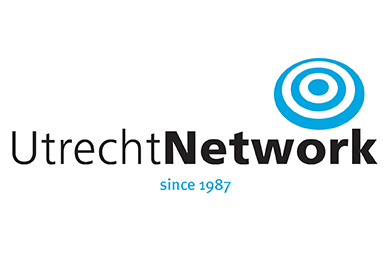
1. The Guild’s contributions to the Strategic Planning Process
The Strategic Planning process officially opened on 28 June 2019, with the publication of the draft Strategic Plan and an on-line consultation. A further stage in the consultation process will be the Research and Innovation Days in Brussels (26-28 September), and this will be followed by further consultation with stakeholders (including the Guild) in October. We have been disappointed that the consultation doesn’t allow providing substantive feedback in its first phase – it proved all the more important that we were able to complete our four policy positions, and submit these ahead of the formal beginning of the Strategic Planning Process.
We also reached an important milestone in our public event on 3 July: whilst Jean-Eric Paquet had to cancel at the last minute, we were still able to host the first public discussion within the consultation period of the Strategic Plan in Brussels with Kurt Vandenberghe, Director R&I Policy and Programming. The discussion was led by representatives of our three Deans’ groups, and we were pleased to host a full audience over 100 people. Pictures of the event can be downloaded here: https://www.focalice.com/2019-07-03-the-guild, all pictures should be attributed to Ghislain Bruyere.
Through our three Deans’ groups’ publications, we have signaled outstanding academic expertise in topics relevant to the Horizon Europe clusters on Health; Digital, Industry and Space; and Culture, Creativity and Inclusive Society. While our positions deepened our reputation in SSH already since last autumn, we were very pleased by the resonance of our papers in other fields, which include follow-up meetings at Head of Unit level in DG CNECT (Communications, Networks, Content and Technology), as well as the Director-General of DG SANTE (Health and Food Safety). This really marks a new reach for The Guild across the Commission, which will – in turn – strengthen our reputation within DG RTD and DG EAC at a time when these (and other) DGs will be increasingly important in setting the direction of Horizon.
We are continuing to liaise closely within our R&I Policy Group to ensure we continue to provide effective feedback throughout the Strategic Planning process.
2. Excellence Initiative
We will be writing to you shortly with an invitation to contribute with ideas for a European Excellence Initiative that’s currently being planned by DG RTD. This idea found its way into the Horizon Europe legislation as part of the Widening Participation instrument, and for this reason we worked with our Widening Participation group to see how this might be optimized to boost the capacities of universities in widening countries. We have now learnt that the Commission is thinking about expanding the scheme to support universities and networks in all countries participating in Horizon. The objective of the Excellence Initiative would therefore go beyond the aims of Widening Participation to support excellence-based hubs of knowledge in Europe, which could bring synergies for example to the activities of EIT KICs and European Universities. We were asked by DG RTD to feed into the planning of this funding scheme by finding out what Rectors might welcome in this space.
We have (as always) relatively little time: we have been asked to provide input before the end of September: for this reason we will collect your input by early September, and we will then provide a draft paper to be discussed at our Vice-Presidents’ meeting on 10-11 September, before sending you a final version for approval. While this is a short timeline, the good news is that currently this is completely open as far as the Commission is concerned, so we could make a big impact with our submission.
3. Fifteen University Associations’ joint campaign on the budget of Horizon Europe
The Finnish Presidency will focus on the budget of the EU for the next seven years (alongside other issues such as Brexit), and it is currently collecting views from EU Member States on how they would like to see the overall size of the budget as well as its allocation to the different EU programmes being settled.
There is a real concern that there could be cuts to the proposed Horizon Europe budget, because of real pressure to reverse the envisaged cuts to the agricultural budget and the structural funds. We are joining up with other university associations, as well as representatives of the Research and Technology Organisations (EARTO) and the industry (Business Europe) to communicate a joint statement in support of a prominent budget for Horizon Europe. This campaign is aimed at the Finance Ministers and Prime Ministers of EU Member States as they will be deciding the countries’ views on the budget allocation in the coming months. As Rectors you are encouraged to communicate with them if you want to support this cause at national level. The countries that especially need influencing are Finland, Sweden, Denmark, the Netherlands and Germany, since they all support prominent investments in R&I but at the same time ask for the overall budget of the EU to be cut from the proposed level.
We will be approaching you with a petition to sign as well as information about the next steps of the campaign for Horizon Europe’s budget.
4. The new European Parliament and the new European Commission
The committees for Industry, Transport, Research and Energy (ITRE) and the Culture (CULT) have just been formed in the European parliament, and new Chairs have been elected. The Chair of the ITRE Committee will be Adina Valean (EPP, Romania) and the Chair for the CULT Committee will be Sabine Verheyen (EPP, Germany).
If Ursula von der Leyen is approved by the European Parliament as the new Commission President next week, this would mean that, ideally, new members of the Commission are identified by Member States in early August. By September their portfolios would have been allocated, and the proposed Commissioners would then have the month of September to develop a programme for the next five years, which they would then articulate (and defend) in parliamentary committee hearings in the first week of October. If a nominated Commissioner is considered not to be up to the job by one of the Committees, there would then be strong pressure on von der Leyen and the relevant member state to replace the nominee by a more suitable candidate. Parliament would confirm (or reject) the Commission in the last week of October, for the new Commission to take up office on 1 November 2019.
We will engage with this process, notably by contacting key members of the ITRE committee, and the Commissioner-nominee, as soon as possible.
5. Guild Summer School
The University of Paris (formerly Paris Diderot) has hosted 27 students from 13 member universities for the first Guild Summer School (7-12 July) to focus on transferrable skills and careers inside and outside academia. The programme made excellent use of the scientific, cultural and commercial environment of Paris to recruit speakers and arrange site visits. We are grateful to colleagues at Paris Diderot for planning the week so meticulously; to member universities for sending such a broad range of students; and to colleagues from a number of member universities for contributing towards the teaching. We hope that we will see such summer schools also in the future, as this initiative represents and important step for the collaborative activities between Guild members and the involvement of our doctoral candidates.
6. General Assembly in Bologna, 24-25 October
Registrations are now open, you can access register here:


